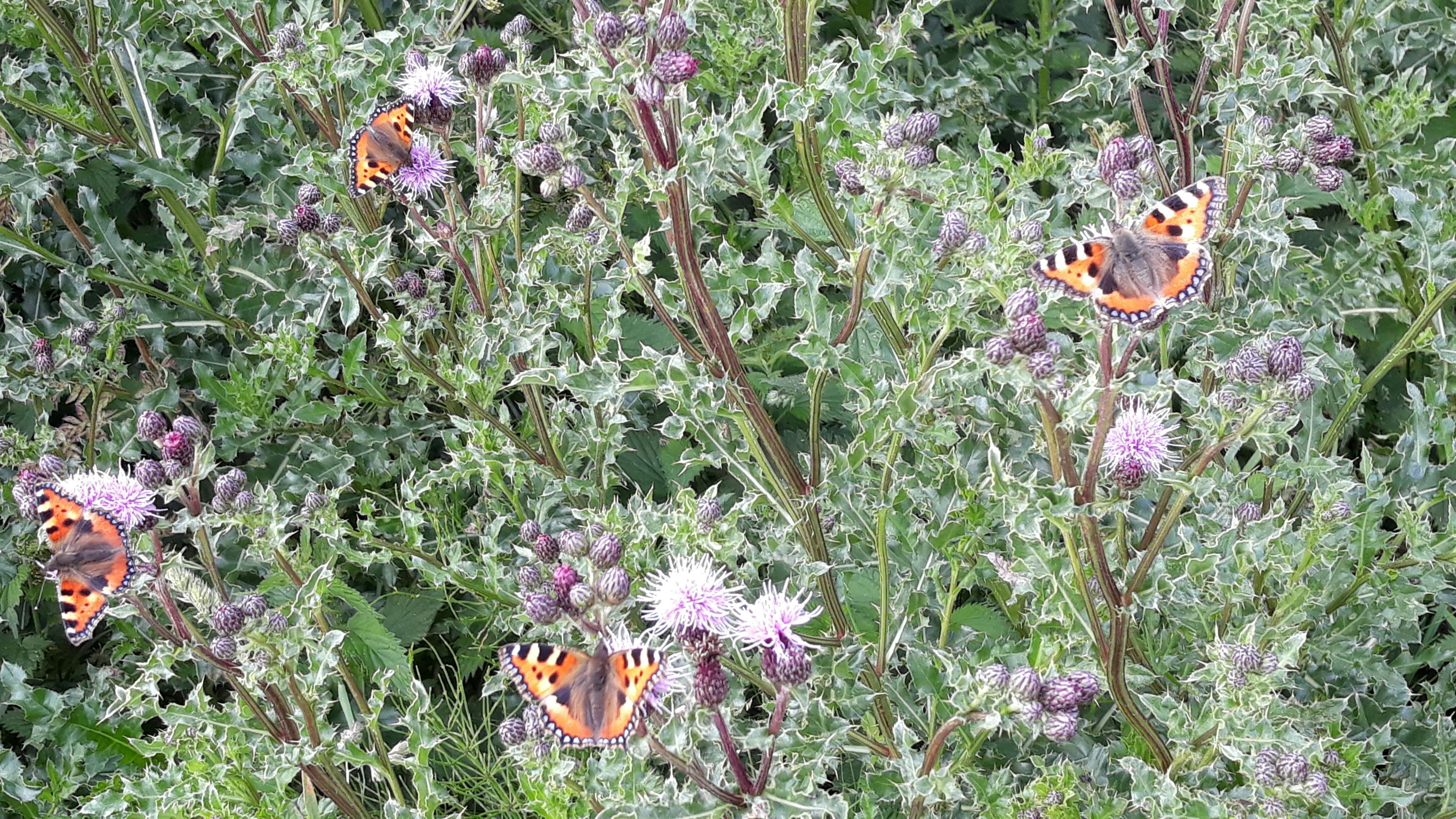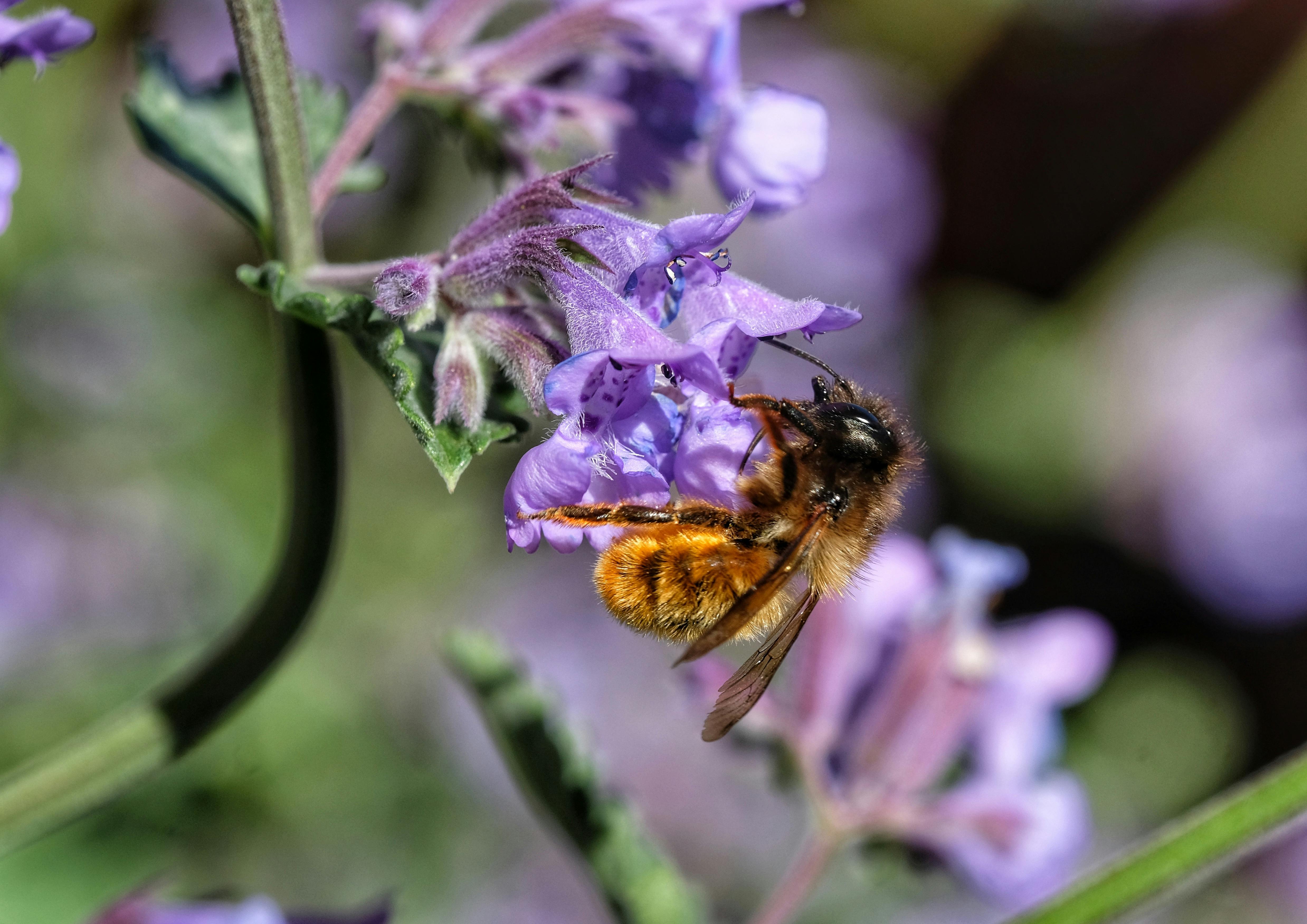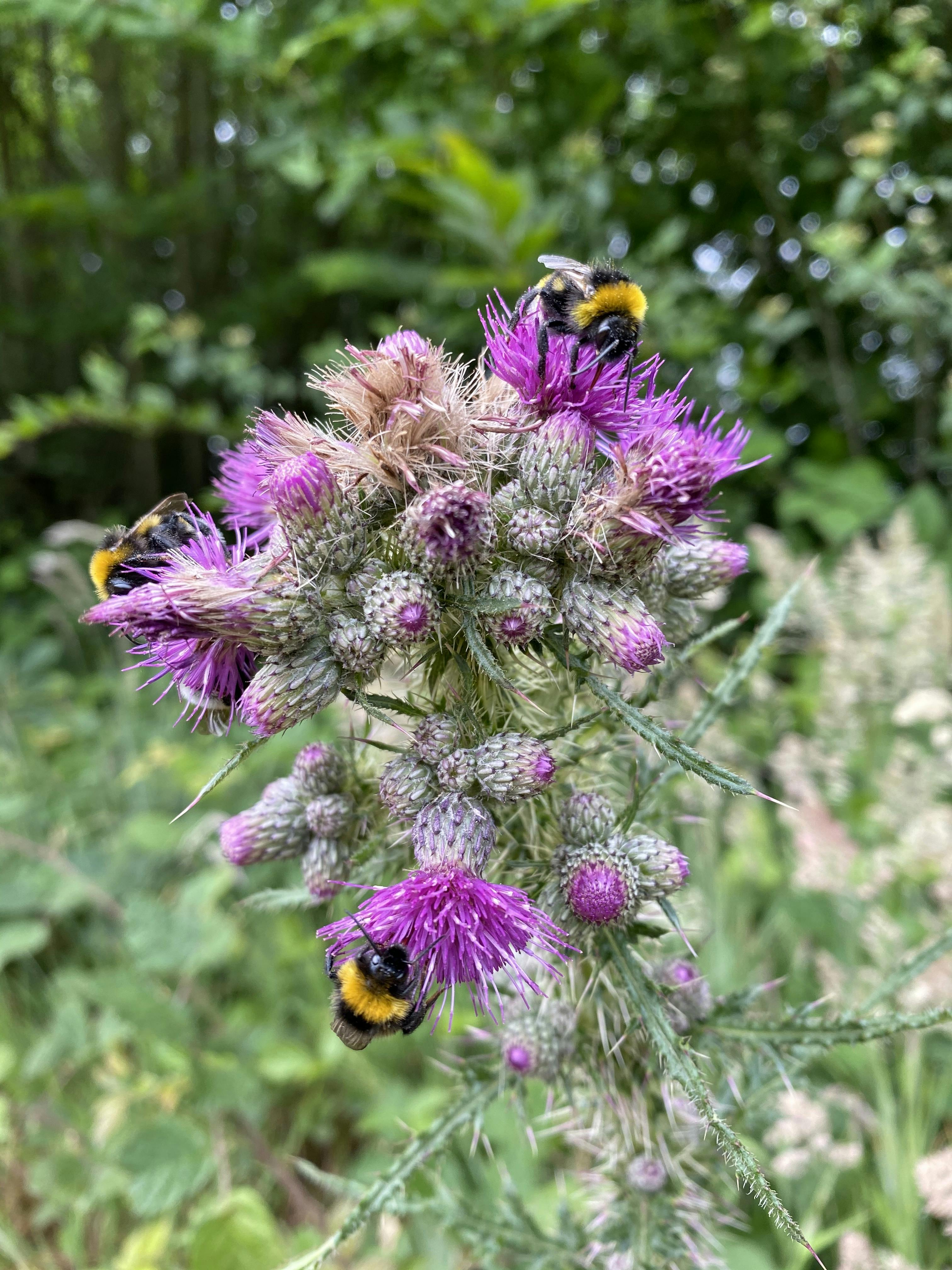
Editorial
nQuire and the OU win Guardian University Award
nQuire, the OU's citizen science platform, and The Open University (OU) win Guardian University 2020 research impact award.
Research · Editorial

The programme which featured the OU’s Pollinator Watch mission on nQuire has received a BAFTA.
BBC’s Springwatch 2020 received the BAFTA (British Academy of Film and Television Arts) award for Live Event in the June 2021 award ceremony, recognising the show’s programming during a challenging year for live television due to the difficulties faced by the Covid-19 pandemic and restrictions to social contact.
The programme adapted its format by expanding the BBC’s partnership with The Open University, including a regular feature of the series which invited viewers to use their personal devices, observe nature and participate in the OU’s free, online citizen science platform, nQuire (nquire.org.uk).
One of the new features of Springwatch 2020 was the OU’s Pollinator watch, a citizen science investigation hosted on the nQuire platform which was created to help people learn about insect pollinators and the benefits they bring to society and the environment.

While observing government guidance on restricted travel, social distancing and hand washing, the mission inspired people to spend time outdoors, observing more than 7,800 insect pollinators, with bumblebees being the most popular species recorded. The OU Pollinator mission was open to people of all ages; 25% of participants took part with their families. Participants were open to take part by being in a public place, a private garden, a balcony or by simply looking out of a window. Participant data found that 80% of the observations came from private gardens.
Mission participants were invited to share their observations and upload photos of the insect pollinators that they saw during the mission. By uploading photos, asking questions and contributing to the mission, participants and OU researchers were able to collectively learn which pollinators are commonly observed and where, as well as how much is known about these important species. One fifth of mission participants would not normally observe pollinators whereas 10% reported not being aware of the pollinators’ threads.
Discussing the importance of facilitating scientific inquiry and science learning with the general public, Dr Christothea Herodotou, Academic lead for the nQuire platform, stated:
“The pollinators’ mission showcased the importance of offering the public opportunities to take part in authentic or real science. Such opportunities can support learning about biodiversity and reinforce actions to support species facing extinction such as some insect pollinators. It was with great pleasure hearing that the BBC Springwatch 2020 of which this investigation was part of, has been awarded the BAFTA for Live Event 2021.”
Early-on during the series airing on the BBC, viewers were quick to praise the altered format of the programming with thousands of people commenting the adaptations made and the new opportunities to be involved making the series one of the most popular.
Discussing the ways the nQuire platform was designed to allow people to become active participants in the OU Pollinator mission, Kevin McLeod, Technical Lead of nQuire at The OU’s Institute of Educational Technology, commented:
"nQuire was designed to encourage and enable the public to engage in large-scale multimedia surveys and science investigations. Using the tools the platform offers, the mission authors, Dr Andy Morris, Senior Lecturer in Geography and Dr Clare Lawson, Lecturer in Environmental Sciences, at The Open University, were very quickly able to build and test mission ideas to establish a design that was easy to participate in, allowed the sharing of photos and encouraged those taking part to learn more about pollinators and their importance to our environment."
The nQuire platform and The Open University received a Guardian University award for research impact in 2020, with a panel of experts remarking highly on the platform's ability to involve members of the public throughout all stages of scientific enquiry, including structuring investigations, recruiting participants, accessing and analysing findings, and sharing results in a way which can be understood at varying degrees of scientific understanding.
The awarding panel also observed that the nQuire platform was used in BBC's Springwatch, with over 220,000 people taking part in the programme.

Editorial
nQuire and the OU win Guardian University Award
nQuire, the OU's citizen science platform, and The Open University (OU) win Guardian University 2020 research impact award.

